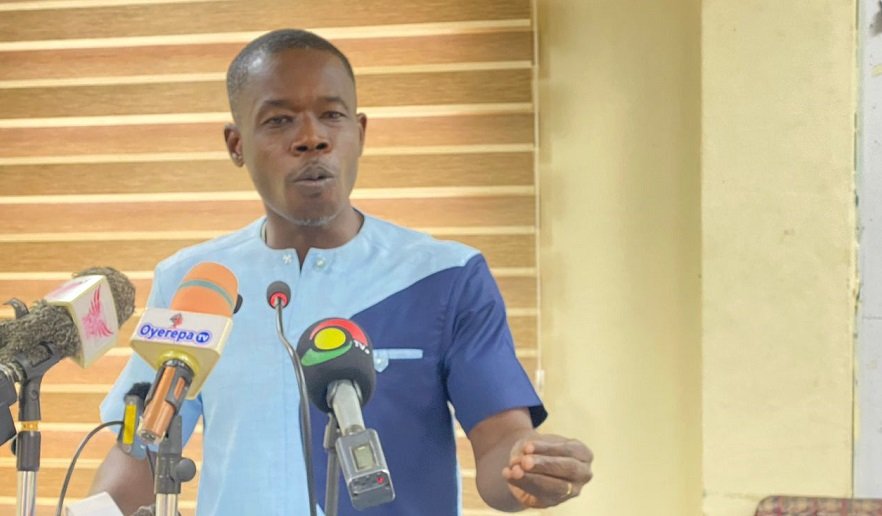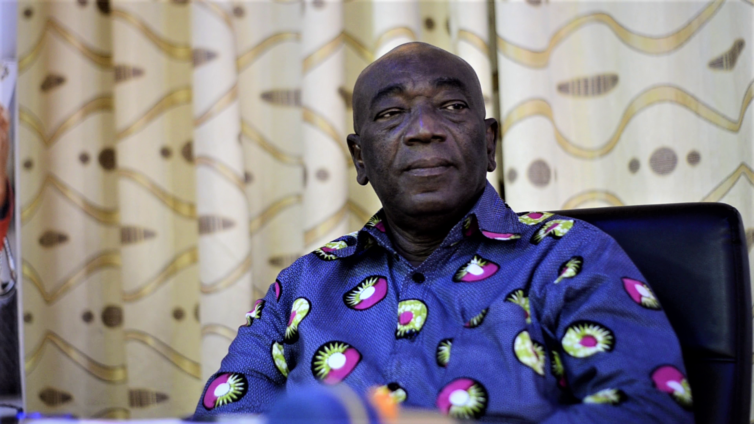ARTICLE AD
The media has been urged to use its platform to demand accountability from perpetrators of gender-based violence, and shape public opinion on the problem.
This is because journalists have power to shape citizens’ perspectives, attitudes and behaviours through stories, images and voices it amplifies.
The Convener of Alliance for Women in Media Africa (AWMA), Ms Mercy Catherine Adjabeng, made the call at a public forum on the theme: ‘Voices for Change: Transforming Media Narratives,’ in Accra, yesterday.
The event, organised by AWMA in collaboration with GIZ, the German corporation, in commemoration of the 16 Days of Activism against Gender-Based Violence, brought together media professionals, advocates, and activists, to discuss the critical role of media in preventing and responding to gender-based violence.
Ms Adjabeng noted that journalists could either perpetuate or challenge the social norms and stereotypes that perpetuated gender-based violence.
She emphasised the critical role the media plays in shaping public opinion and perspectives.
Ms Adabeng, however, indicated that the media often trivialised issues of violence against women, blaming victims, and perpetuating harmful stereotypes.
“We must not trivialise issues of violence because that is maiming somebody, that is taking somebody’s livelihood from him or her, that is ending somebody’s life,” she advised.
Moreover, Ms Adjabeng stressed that the media had the power to influence policies, behaviours, and attitudes and, therefore, urged “media professionals to use their platforms to advocate end to gender-based violence.”
She explained that the forum was aimed at exploring solutions to the problem of gender-based violence rather than simply highlighting the issue.
The Executive Director of Ark Foundation, Dr Angela Dwamena-Aboagye, highlighted the need for media professionals to undergo training on gender-based violence, including its nature, impact, dynamics, prevalence and consequences.
Such a training, she said, would enable journalists to report on gender-based violence issues with sensitivity, empathy and accountability.
Dr Dwamena-Aboagye then urged media professionals to adhere to ethical standards, including confidentiality, saying “survivor-centredness and sensitivity are essential skills for journalists reporting on gender-based violence.”
Participants discussed how the media can be a powerful force for change, raising awareness, and providing a platform for survivors to share their stories and experiences.
BY CYNTHIA ASAMPANA

 17 hours ago
12
17 hours ago
12 

